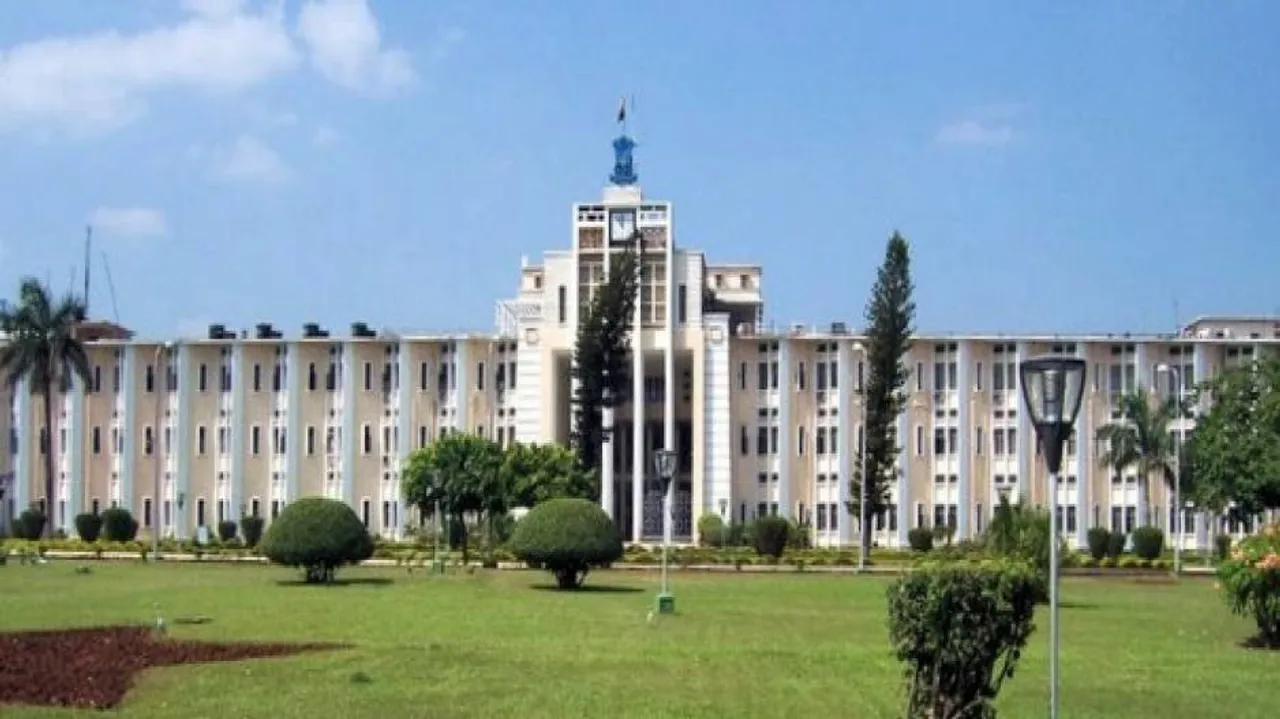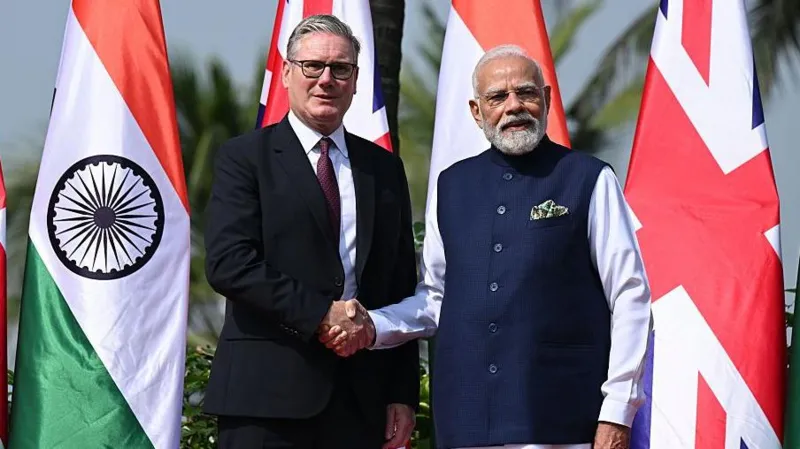London, July 25: In a historic development, India and the United Kingdom signed and formalised a long-anticipated Free Trade Agreement (FTA) on Thursday, marking a significant milestone in bilateral economic relations. The deal was officially signed in London during Prime Minister Narendra Modi’s visit, where he met with newly elected UK Prime Minister Keir Starmer.
The signing ceremony saw Indian Commerce Minister Piyush Goyal and UK Business and Trade Secretary Jonathan Reynolds ink the agreement, which had been under negotiation for over three years.
Boosting Bilateral Trade and Economic Ties
The FTA is expected to boost bilateral trade by $34 billion (approx. ₹2.8 lakh crore) annually, with significant advantages for both nations in terms of market access, job creation, and economic growth.
“This trade agreement will create thousands of jobs across the UK, unlock new business opportunities, and drive inclusive growth,” said PM Starmer, hailing the pact as a “major win for Britain.” He also described it as a key element of his government’s Plan for Change aimed at revitalizing the UK economy.
Prime Minister Modi called the agreement a “turning point in India-UK ties,” highlighting its potential to open new avenues for collaboration in technology, education, and services.
What India Gains from the FTA
India stands to benefit across sectors, from manufacturing and services to exports and skill development. Here are the key highlights:
-
Tariff Reduction:
Tariffs on British goods such as medical devices, aerospace parts, chocolates, biscuits, cosmetics, and automobiles will drop from 15% to 3%, making them more affordable in India. -
Electric Vehicles:
Tariffs on electric vehicles (EVs) will fall from 110% to 10% within a defined quota. -
Whisky Imports:
Import duties on whisky will reduce from 150% to 75% immediately, and further to 40% over 10 years, offering a boost to British spirits exporters and Indian hospitality businesses. -
Professional Mobility & Services:
Indian freelancers and firms will now gain access to 36 UK service sectors without facing the ‘Economic Needs Test’.
Indian professionals from 35 sectors can now work in the UK for up to 2 years without setting up a local office. -
Social Security Relief:
Indians working in the UK will be exempted from UK social security payments for three years, saving significant costs for both workers and businesses. -
Support for Indian Youth & Entrepreneurs:
The deal benefits over 60,000 IT professionals annually and creates new work avenues for chefs, musicians, yoga instructors, and other skilled workers.
What the UK Gains
For Britain, the FTA is a much-needed economic boost post-Brexit, delivering:
-
Tariff Cuts:
The deal eliminates or reduces tariffs on 90% of Indian goods, with 85% of these to be fully exempt in 10 years. -
Access to Indian Public Procurement:
British firms can now bid on non-sensitive Indian government tenders worth over ₹2 billion, giving access to a ₹4.09 lakh crore public procurement market annually. -
More Jobs and Better Wages:
The UK expects to create over 2,200 jobs directly and raise annual wages by £2.2 billion across sectors. -
Cheaper Consumer Goods:
British consumers will benefit from lower prices and wider choices on clothing, food, footwear, and textiles imported from India.
Business Impact
-
26 UK companies, including Airbus and Rolls-Royce, have already announced new or expanded operations in India.
-
The FTA is India’s first major trade agreement with a Western country, after it withdrew from the China-led RCEP in 2019.
Conclusion
The India-UK Free Trade Agreement is being seen as a strategic win-win, bolstering economic confidence in both countries. For India, it opens the doors to high-end global markets while nurturing domestic talent and exports. For the UK, it strengthens its post-Brexit trade ambitions and deepens ties with the world’s fastest-growing major economy.










